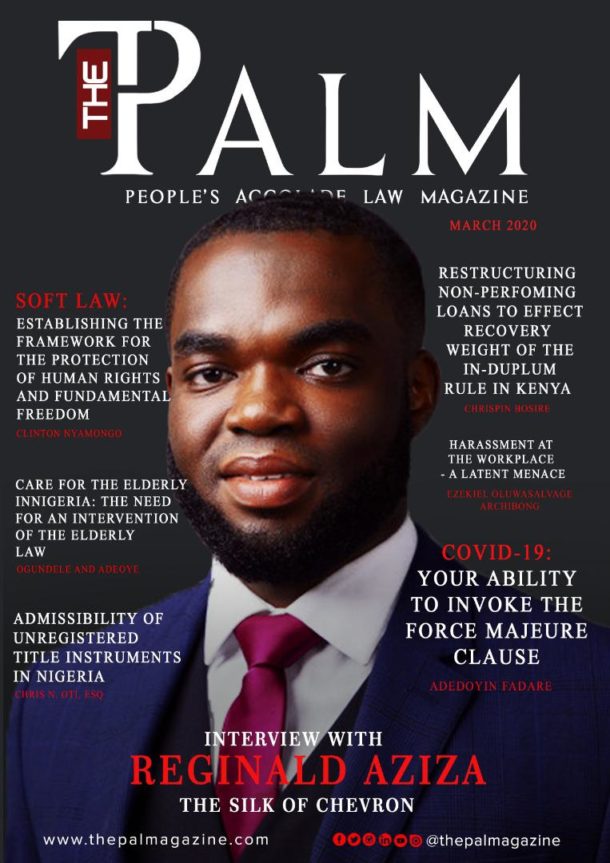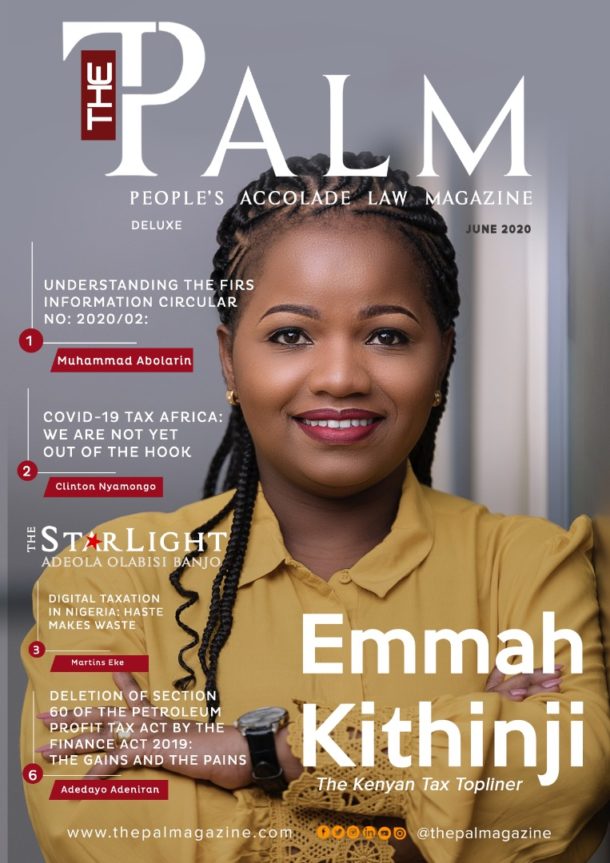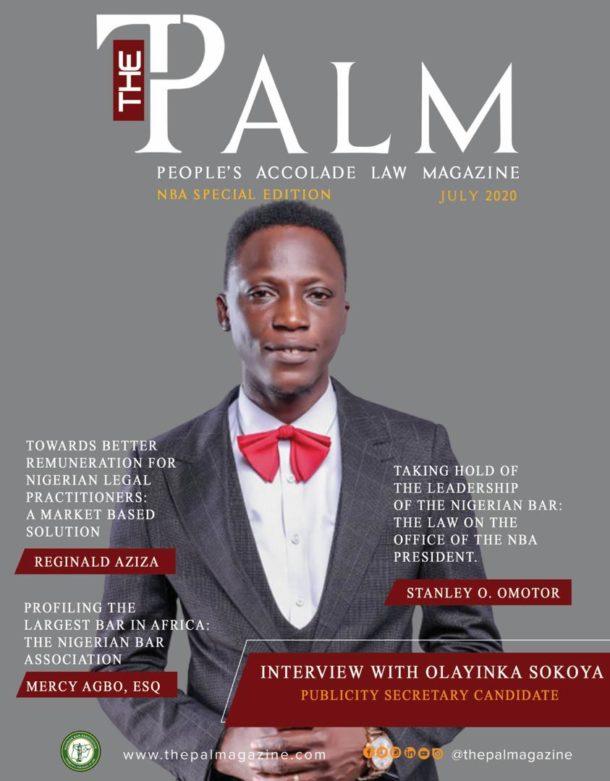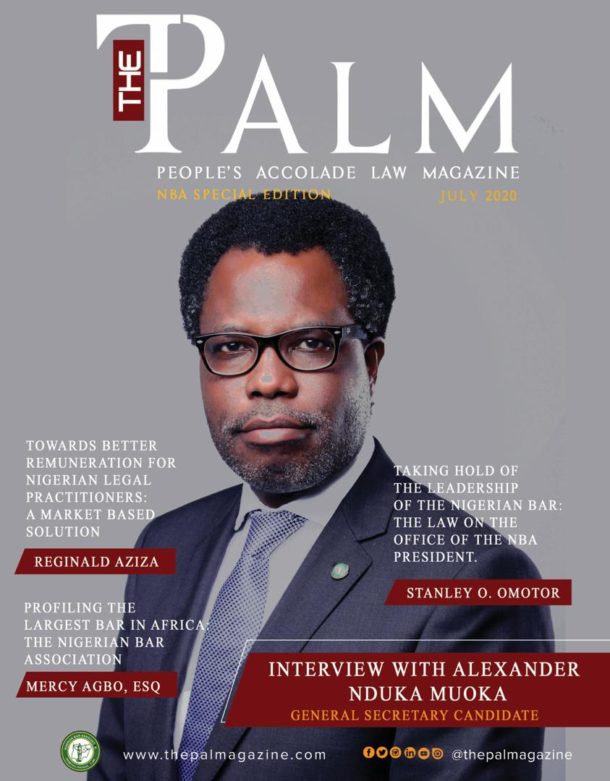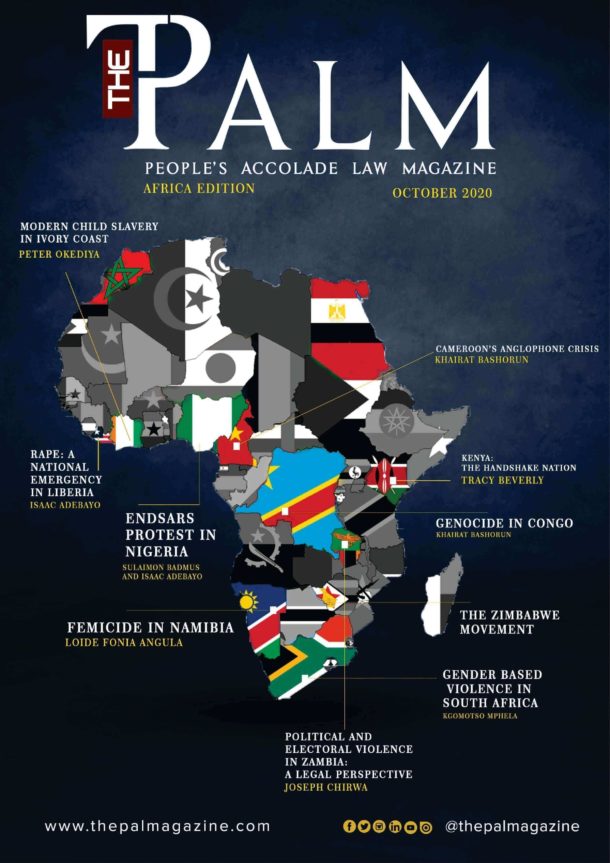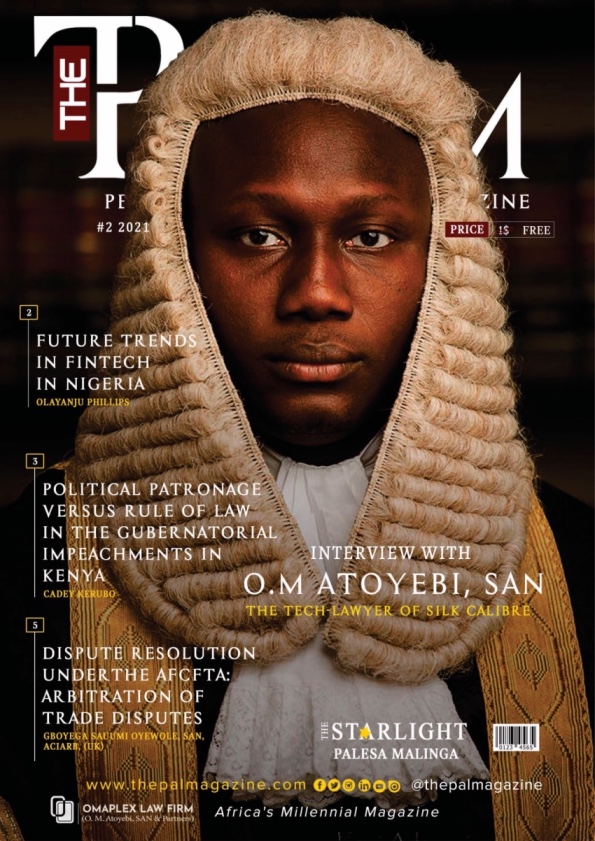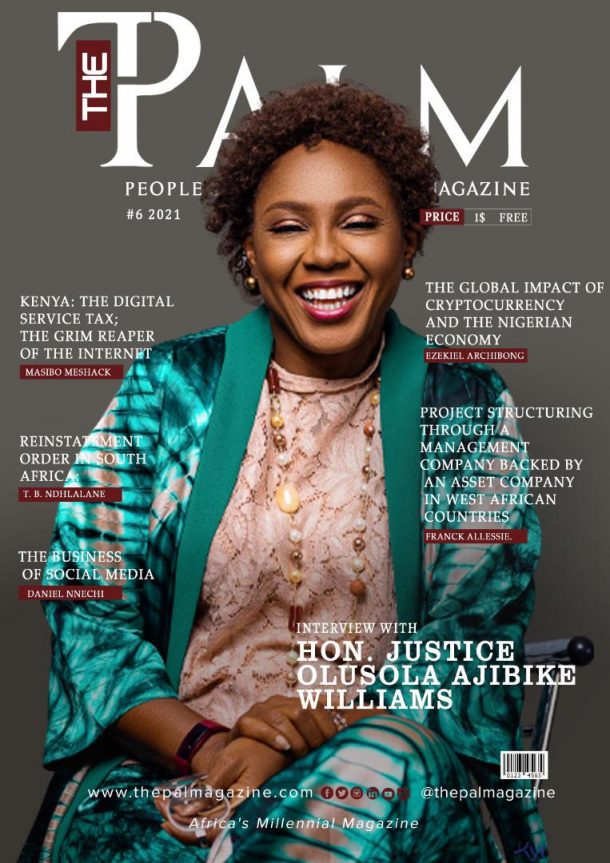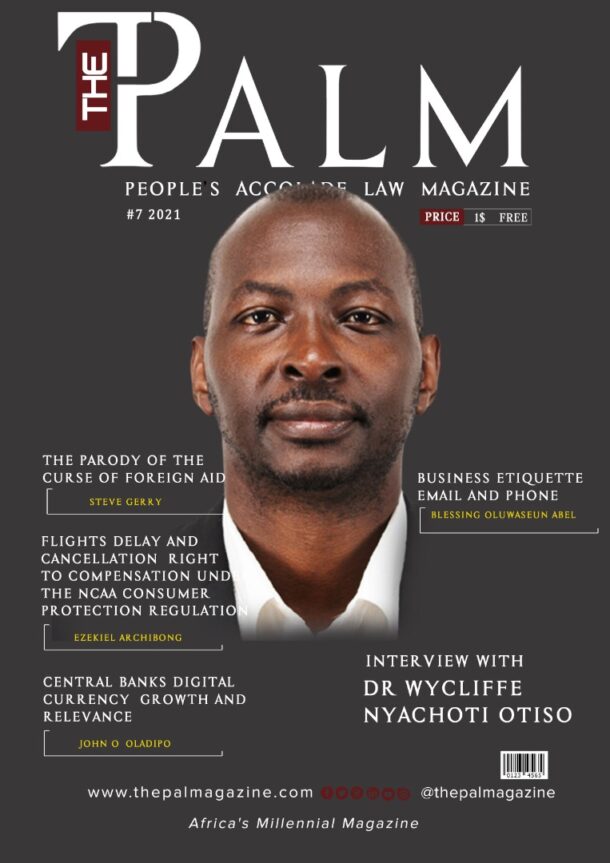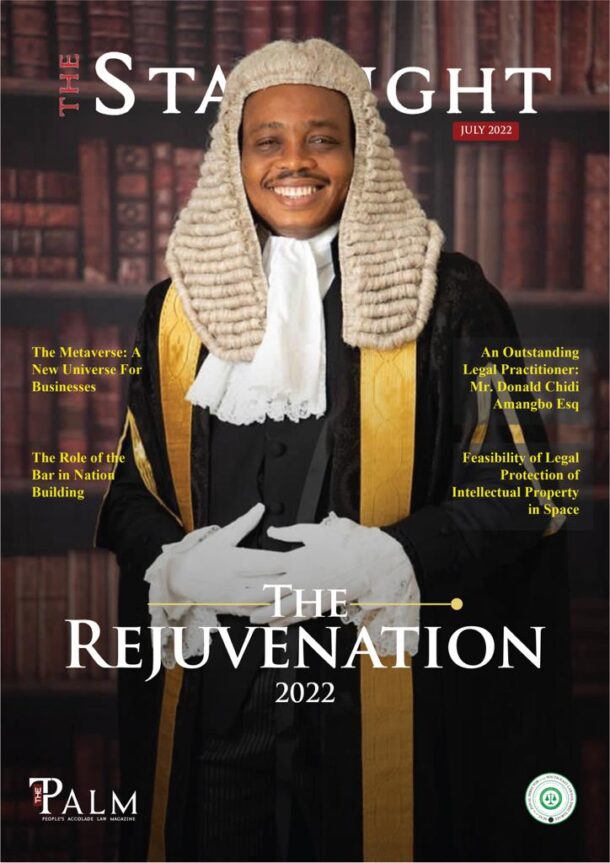Recently, a friend of mine informed me of her intention to commence her own business online. Apparently, this recent decision is driven by her desire to escape the scythe of the Nigerian Grim Reaper: Unemployment. He comes ruthlessly for all graduates every year; and securing a job is now a prayer point in every religious centre. In fact, last year, Nigeria broke the record. Trading Economics records an all-time high increase in unemployment rate in Nigeria at 23.10%. So, apparently, it is unflinchingly remorseful that even the writer is currently scythed.
Presently, everyone in Nigeria wants to be an entrepreneur and all the lasses on my social media platforms intend to engage in business of commercialising hair, cakes, and clothes online for sales. Starting up your own business seems to be the only way to escape the presidential coinage of “Lazy Nigerian Youths”. However, don’t be too excited about starting up that you fail to take precautions in protecting your business and moneys invested. If you’re running a start-up, big or small, chances are that you’re doing business online- you will be providing information about goods and services and possibly be getting data about your customers as a pre-condition to sale through your website.
This raises certain legal issues. A website is a great portal to potential and actual customers, and investors who might want to become stakeholders. It is therefore really important that you get the legal issues relating to your website spot-on from the beginning. You might not need a lawyer to start and run your business, but oh dear, you do need a healthy dose of the relevant laws that regulate businesses and the implications of certain business decisions.
Today, let’s talk about four precautions you should take.
- FIRST THINGS FIRST- YOUR DOMAIN NAME / URL
Before getting started on building a brand with that name (e.g. El_pastel), do take the precaution of registering it. Chances are that you are going to build a website with your brand name; in order to avoid giving needless elucidating as to why your brand name is nowhere near your domain name. However, in the Nigerian business clime, names can be owned exclusively by a business which means if you use a name owned by another business or a name identical to that of another business although not necessarily the same, you run the risk of losing it including the money you paid to secure it. But if you do insist on using it, which means more money for the owner of the name when you get sued. If you think the courts do not work in Nigeria, get sued first.
In view of the above, you need to take note of the following steps:
- Choose your name;
- Conduct a search at the corporate affairs commission to confirm if the name is already in use;
- If the name is not in use, make efforts to register it as a trademark or business name to enjoy exclusive use of the name;
- Buy your domain name reflecting your registered name and create your website;
- Sit back, sip some coffee and prepare to sue anybody passing off a business with your registered nam
*See the Companies and Allied Matters Act 1990 for further perusal, or better still, get a lawyer.
- MAKE SURE YOU OWN YOUR WEBSITE
There will be an attempt to blame the citizenry for engaging the online community without understanding technology. Do you know that a web developer can own your website or a part of it? In fact, he can turn it off from inside his room at from a remote jurisdiction with little or no legal implications and you have to spend more money to get it running again because you did not have a “web development contract”.
A web development contract governs your relationship with your developer and can protect you from many things. These days, the pronounced procedure of doing things is to be a self-acclaimed web developer. However, it is important to note that websites do have copyrights. Without a contract, your web developer may want to retain the website’s copyright and after many years of building your website/online business to attract millions of customers per day, you want to retire and sell it off but you get slammed with a suit. Apparently, you have to share the money with his last surviving son. Yes, whether you like it or not.
Therefore, insist on being the one to provide the contract. And remember, the most important clause relates to copyright. However, it is two-faceted. While you need to agree that the copyright to the website is yours, you should ensure that you get a warranty from the developer that their work also does not infringe anyone else’s copyright because they may be lifting codes created by another developer to create your website. Remarkably, the other developer can recognise his codes, and he is entitled to his copyright. It is important to note that your business will suffer liability without that warranty clause. You may think nobody cares until your business starts making money, you will know that “your village people” (detractors) have been keeping watch with their lawyers.
Other clauses in your contract will depend on the facts of your case and the advice of your lawyer.
- LEGAL DOCUMENTS YOU NEED
It is very easy to omit this aspect in online businesses in Nigeria. Many technology developers from this part of sub-Saharan Africa will not even advise you on the importance of certain legal documents. This article was culled up from the March 2019 Edition, click here to download the full article










